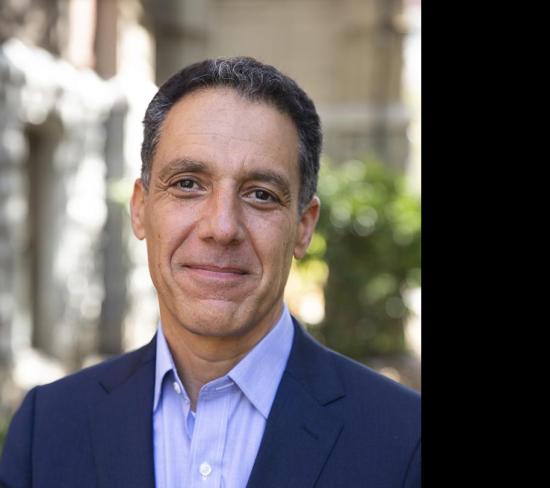From The Washington Post
Top AI researchers race to detect ‘deepfake’ videos: ‘We are outgunned’
By Drew Harwell
Top artificial-intelligence researchers across the country are racing to defuse an extraordinary political weapon: computer-generated fake videos that could undermine candidates and mislead voters during the 2020 presidential campaign...
“We are outgunned,” said Hany Farid, a computer-science professor and digital-forensics expert at the University of California at Berkeley. “The number of people working on the video-synthesis side, as opposed to the detector side, is 100 to 1...”
With one new method, researchers at the universities of California at Berkeley and Southern California built a detective AI system that they fed hours of video of high-level leaders and trained it to look for hyper-precise “facial action units” — data points of their facial movements, tics and expressions, including when they raise their upper lips and how their heads rotate when they frown.
To test these “soft biometric” models, Farid and his team worked with a team of digital-avatar designers to create some deepfakes of their own, swapping the faces of Sen. Elizabeth Warren (D-Mass.), Hillary Clinton and President Trump onto their own impersonators on “Saturday Night Live.” The system has scored high in accuracy on gauging a number of different kinds of fakes: videos of a satirical human impersonator; “face-swap” fakes, popular in social-media apps; “lip-sync” fakes, in which the real face remains but the mouth is substituted; and “puppet-master” fakes, in which a target’s face is placed onto an actor’s body...
Farid wants media outlets to have access to the deepfake-detecting tool so they can assess news-making video when it arises. But making the system more widely available carries its own threat, by potentially allowing deepfake creators to examine the code and find workarounds...
Hany Farid is a professor in the UC Berkeley in the School of Information with a joint appointment in EECS.










